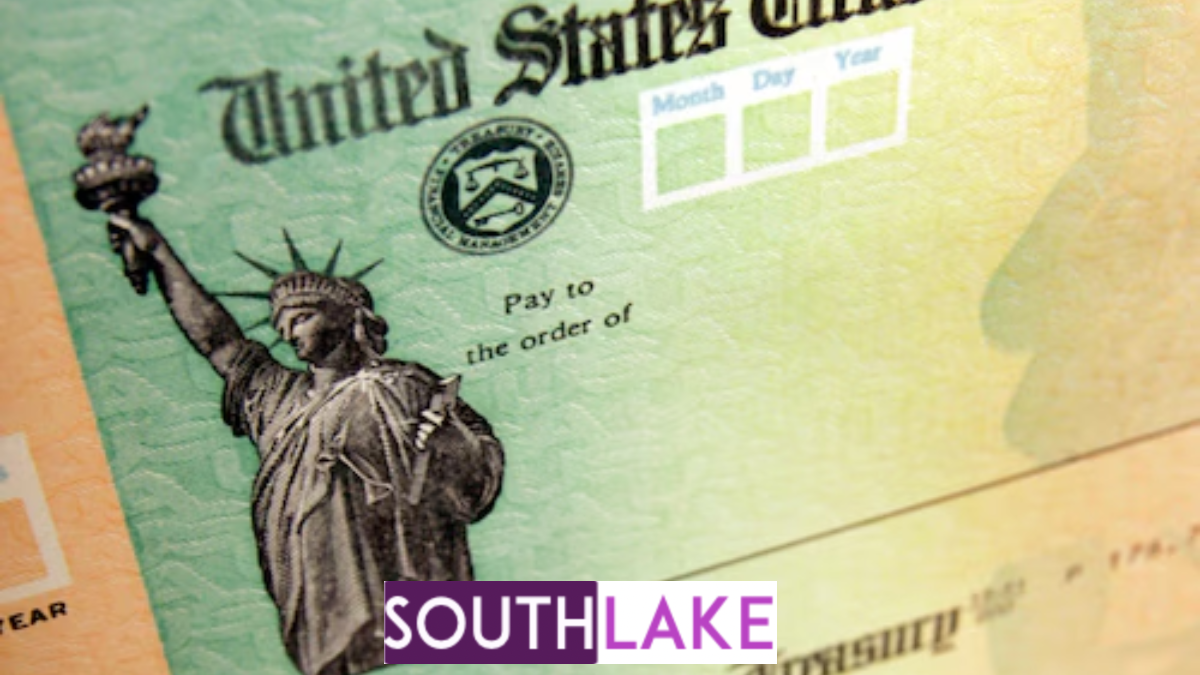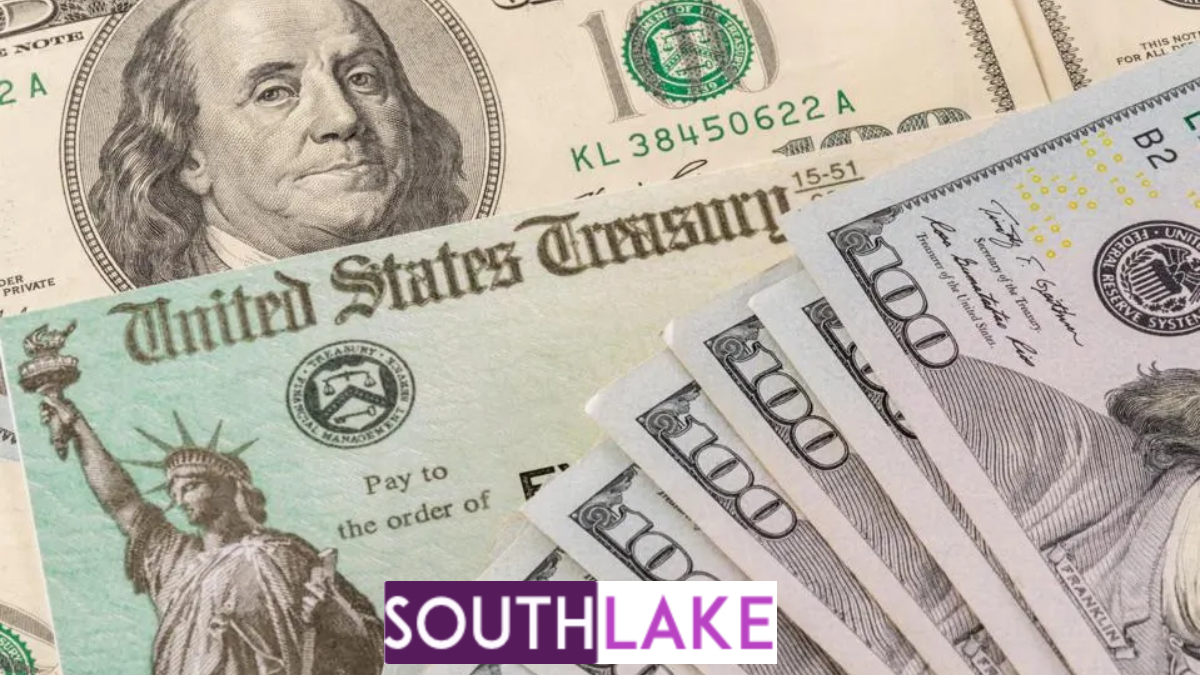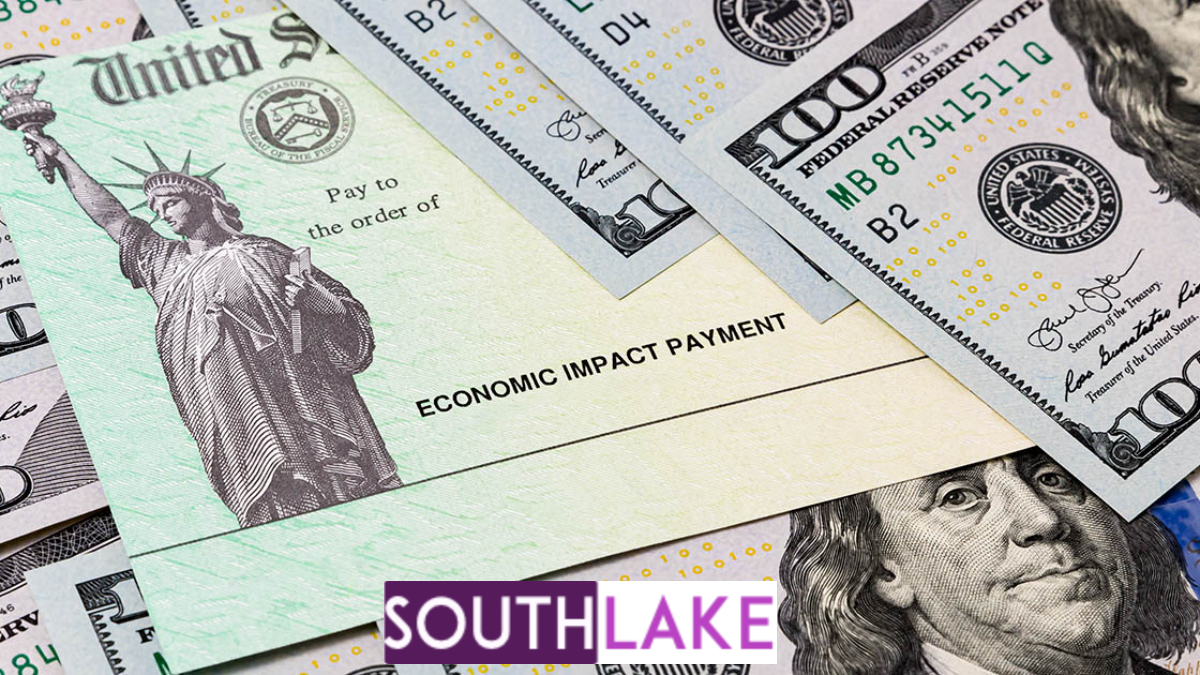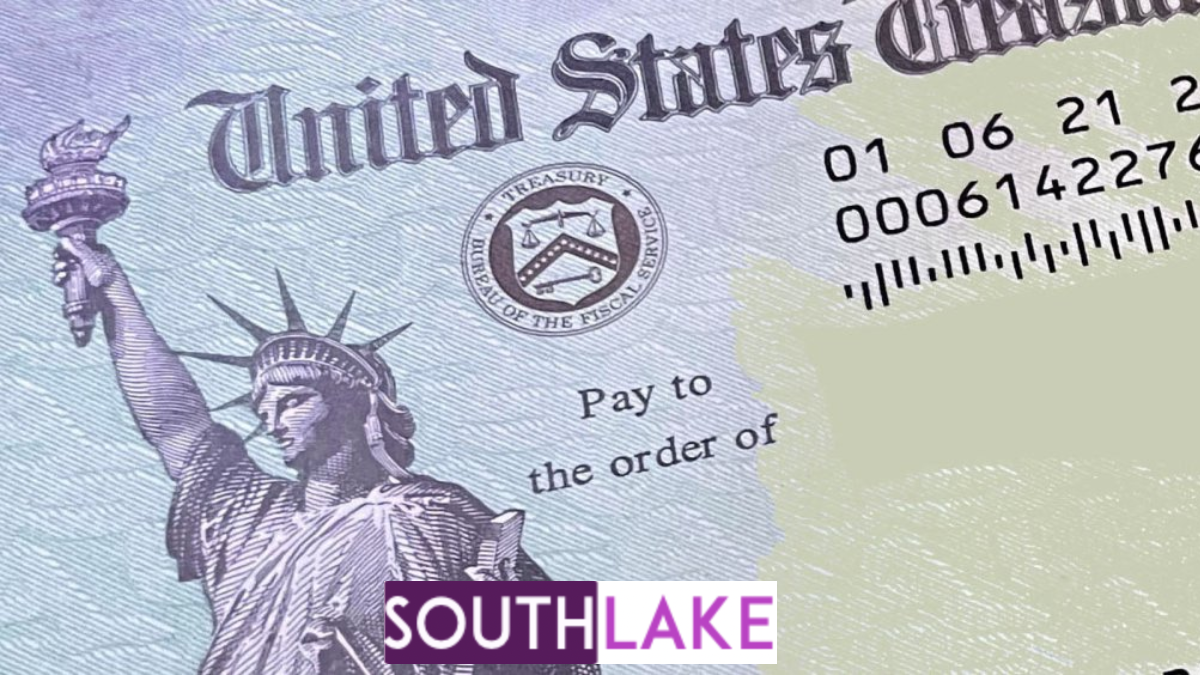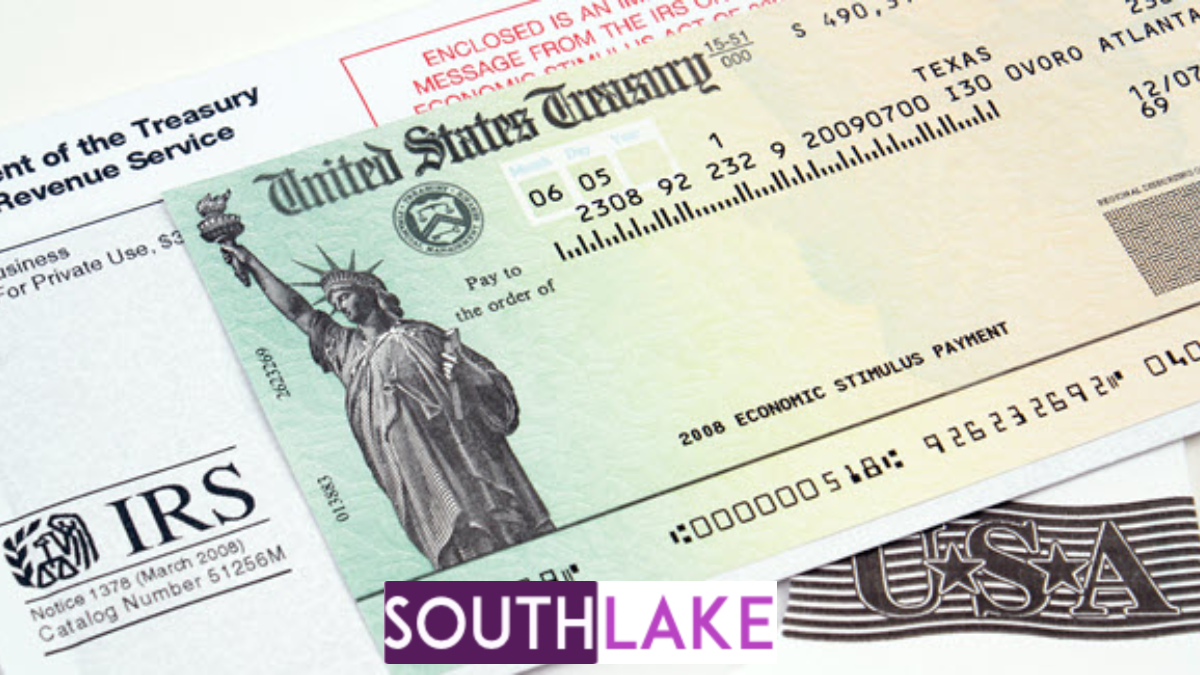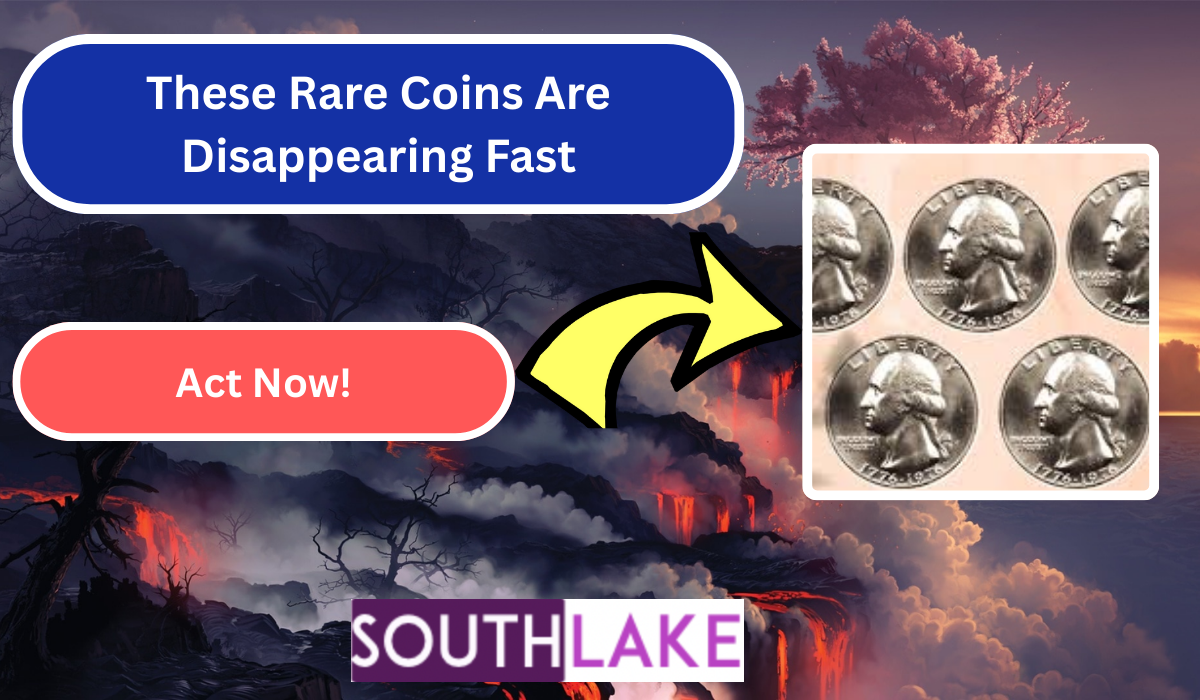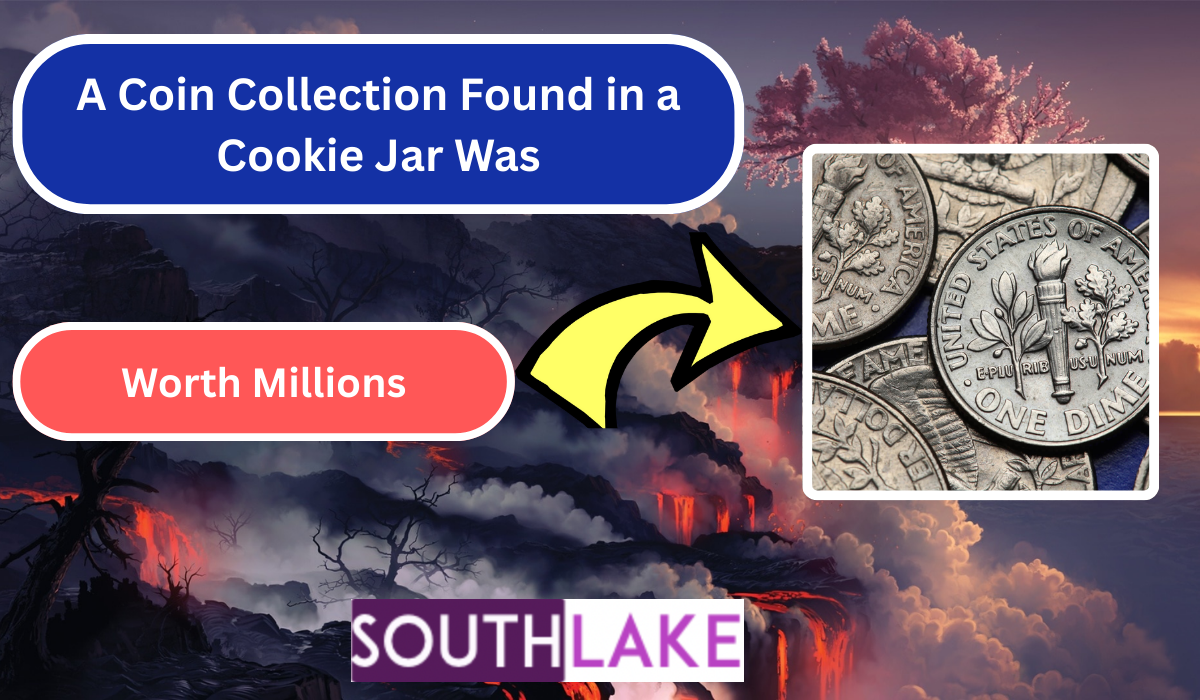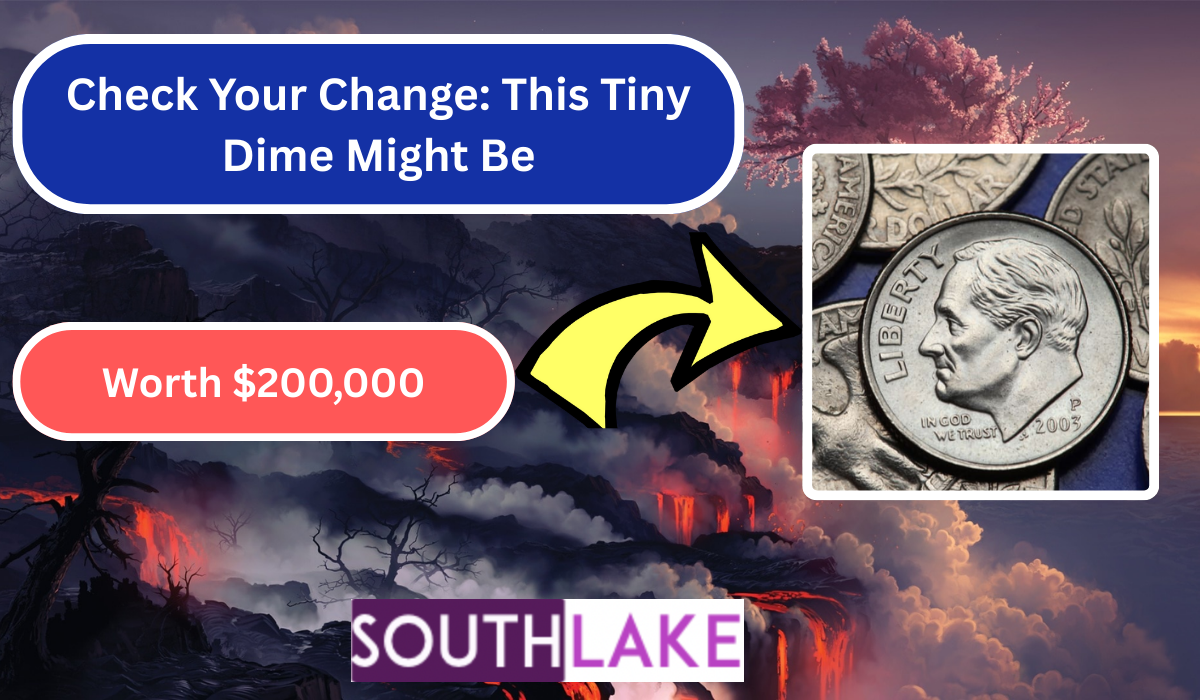A new round of $1,500 stimulus checks is being issued across the U.S., but there’s a firm deadline—June 1, 2025. Eligible Americans who don’t act soon may risk missing out on this vital financial support aimed at helping with housing, groceries, and rising utility costs. Here’s what you need to know to ensure you receive your payment in time.
Who Is Eligible for the $1,500 Stimulus Check?
The payment targets low- and middle-income earners, particularly those affected by inflation and economic instability. Individuals earning up to $80,000 and couples earning up to $160,000 in 2023 are eligible. Also included are seniors on Social Security, disabled individuals, veterans, low-wage workers, and families with dependents. Eligibility is primarily based on your most recent federal tax return.
How and When Will the Payments Be Sent?
The IRS began issuing payments in early May via direct deposit, paper checks, and prepaid debit cards. To receive funds by the June 1 deadline, your tax return must be filed and your banking or mailing details must be current. Those who opted for direct deposit in previous tax years will receive funds fastest, often within 7–10 business days from processing.
What to Do If You Haven’t Filed or Gotten Paid
If you haven’t received your payment, check your IRS account or use the “Get My Payment” tool to verify status. Non-filers or those who haven’t submitted a 2023 tax return should file immediately, either online or through a certified tax preparer. Delays often result from outdated bank info, address changes, or incomplete tax filings.
Quick Eligibility and Distribution Table
| Criteria | Details |
|---|---|
| Stimulus Amount | $1,500 |
| Single Filer Income Limit | Up to $80,000 |
| Joint Filer Income Limit | Up to $160,000 |
| Eligible Groups | Seniors, low-income, veterans, parents |
| Distribution Methods | Direct deposit, check, debit card |
| Deadline to Qualify | June 1, 2025 |
With the clock ticking toward the June 1 deadline, eligible Americans should act now to avoid missing the $1,500 payment. Whether you’re a senior, a veteran, a working parent, or someone recovering from unemployment, this relief could offer timely financial support. Check your eligibility, file any necessary tax returns, and update your contact details to ensure fast delivery.
FAQ’s:
1. Is the $1,500 stimulus check automatic for everyone?
No, it’s only automatic if you’ve filed a 2023 tax return and meet the income and eligibility criteria.
2. What if I didn’t file taxes for 2023?
You’ll need to file immediately to be considered. The IRS allows electronic or paper submissions through authorized platforms.
3. Will receiving this payment affect my federal benefits?
No, the stimulus check is non-taxable and won’t count against benefits like SNAP, SSI, or Medicaid.
4. Can I get the payment if I just moved or changed banks?
Yes, but you must update your address or banking info in your IRS online account to avoid delays.
5. Are dependents included in this payment?
Some recipients may receive an additional amount for dependents, depending on income level and family size.

